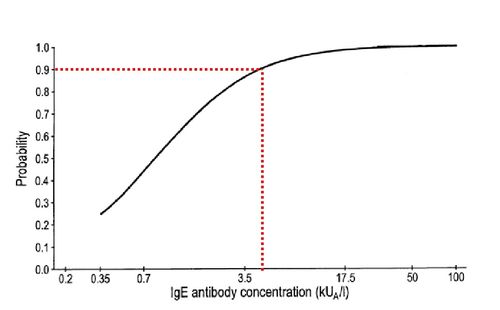
Understanding Ant Bite Allergic Reaction: A Comprehensive Guide
Ant bites can be a common occurrence, especially during the warmer months when these tiny creatures are most active. However, for some individuals, these bites can trigger an allergic reaction, which can range from mild to severe. In this article, we will delve into the details of ant bite allergic reactions, exploring their causes, symptoms, diagnosis, treatment, and prevention methods.
What Causes an Ant Bite Allergic Reaction?

An allergic reaction to an ant bite occurs when your immune system overreacts to the venom injected by the ant. The most common cause of allergic reactions is the venom from fire ants, followed by other species such as the European hornet, yellow jacket, and red imported fire ant.
Understanding the Symptoms

The symptoms of an ant bite allergic reaction can vary from person to person. Some common symptoms include:
| Symptom | Description |
|---|---|
| Redness | Swelling and redness around the bite area |
| Pain | Localized pain or itching at the bite site |
| Swelling | Swelling that may extend beyond the bite area |
| Itching | Intense itching around the bite area |
| Hives | Itchy, raised welts on the skin |
| Wheezing | Difficulty breathing, especially in severe cases |
| Abdominal Pain | Abdominal pain, nausea, or vomiting |
Diagnosis and Treatment

Diagnosing an ant bite allergic reaction is typically based on the symptoms and a physical examination. In some cases, your healthcare provider may conduct a skin test to determine if you are allergic to the venom. Treatment for an ant bite allergic reaction may include:
- Washing the bite area with soap and water to remove venom
- Applying a cold compress to reduce swelling and pain
- Using over-the-counter antihistamines to relieve itching and swelling
- Seeking medical attention for severe reactions, such as difficulty breathing or swelling of the throat
Prevention Methods
Preventing ant bite allergic reactions involves taking certain precautions:
- Avoiding areas where ants are known to be present, such as garbage bins, compost piles, and damp areas
- Wearing protective clothing, such as long sleeves and pants, when working in areas where ants may be present
- Using insect repellents containing DEET or picaridin to deter ants
- Sealing cracks and crevices in your home to prevent ants from entering
Severe Allergic Reactions: Anaphylaxis
In rare cases, an ant bite allergic reaction can lead to anaphylaxis, a life-threatening condition. Symptoms of anaphylaxis include:
- Severe difficulty breathing
- Swelling of the throat and tongue
- Loss of consciousness
- Severe hypotension (low blood pressure)
If you or someone you know experiences these symptoms after an ant bite, seek emergency medical attention immediately.
Conclusion
Understanding the causes, symptoms, diagnosis, treatment, and prevention of ant bite allergic reactions is crucial for anyone who may be at risk. By taking appropriate precautions and seeking medical attention when necessary, you can minimize the risk of a severe allergic reaction and ensure your safety.







